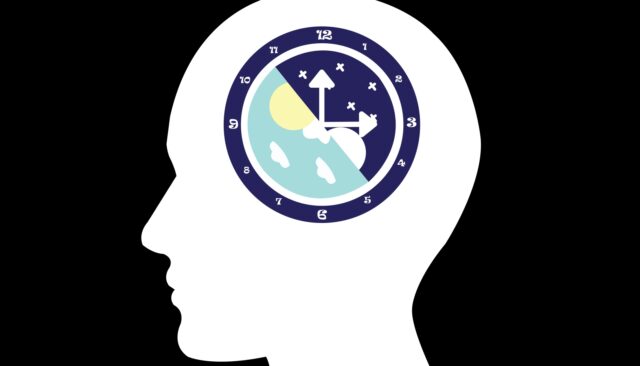We end up spending a large portion of our sleeping time gazing at screens as a result of hectic lifestyles, long working hours, and the urge to feel satisfied by technology, resulting in lower sleep and an overall unhealthy living.
It can become a stressor in the long term, resulting in a variety of health problems such as hormone imbalance, mood swings, weariness, and cardiac problems, among others.
Is our contemporary way of life causing our biological clock to malfunction?
Absolutely. It’s great that we have a clock that can change our biological rhythm to our surroundings, but it’s not so great that our clocks are all messed up since we don’t follow nature’s cycles.
Staying up late, working on our computers or cellphones, seldom getting outside or exercising, eating processed meals, going on late-night drinking or food binges, and consuming excessive amounts of caffeine to remain awake messes with our schedule.
Poor habits or biological variances cause some people to have an unfavorable circadian rhythm. It will take time and dedication to change your biological clock for the betterment of your health, but you can do it.
In an Instagram post, nutritionist Bhakti Kapoor explains that we all have a “biological clock” that can “adapt our biological rhythm to our environment.” This is the circadian rhythm, and some individuals skew it by “staying up late, working on computers or cellphones, seldom getting outside or exercising, consuming processed meals, and engaging in drinking or eating binges.”
“Some persons have an unbalanced circadian rhythm as a result of bad behaviors or genetic abnormalities. Changing your biological clock for the betterment of your health may take some time and effort, but it is doable if you get enough sunshine on a regular basis.
Managing stress in a healthy way, such as via meditation, breathwork, mindful walks in nature, and exercise. Eating at regular intervals.







